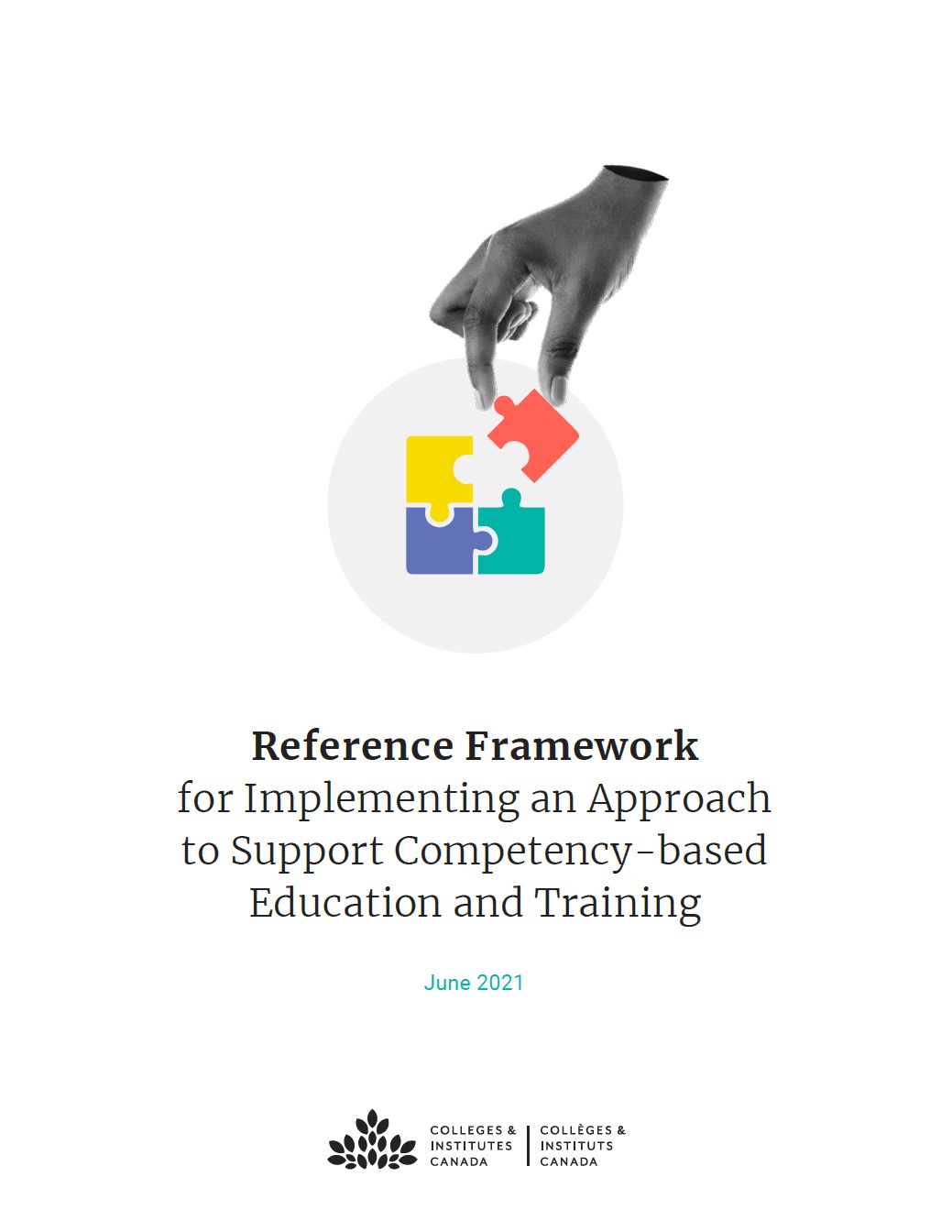
The UNESCO-UNEVOC International Centre: Who We Are | What We Do | Working With Us | Get in Touch
The UNEVOC Network: Learn About the Network | UNEVOC Network Directory
For Members: UNEVOC Centre Dashboard
Thematic Areas: Inclusion and Youth | Digital Transformation | Private Sector Engagement | SDGs and Greening TVET
Our Key Programmes & Projects: BILT: Bridging Innovation and Learning in TVET | Building TVET resilience | TVET Leadership Programme | WYSD: World Youth Skills Day
Past Activities: COVID-19 response | i-hubs project | TVET Global Forums | Virtual Conferences | YEM Knowledge Portal
Our Services & Resources: Publications | TVET Forum | TVET Country Profiles | TVETipedia Glossary | Innovative and Promising Practices | Toolkits for TVET Providers | Entrepreneurial Learning Guide
Events: Major TVET Events | UNEVOC Network News

| Publisher/s: | Colleges and Institutes Canada (CICan) |
| Published: | 2021 |
| Licence: | Standard copyright - All rights reserved |
The primary anticipated result of this reference framework is to create a tool that is flexible and easy to use. Section 1 presents regional differences in education management in Canada. Sections 2 and 3 present several fundamentals and parameters that are referred to in the five subsequent sections. The benchmarks in the first three sections of the document are also framework elements that guide Colleges and Institutes Canada (CICan) in the implementation of its institutional support projects. The definitions provided should also serve as a reference for readers who wish to understand CICan’s vision and familiarize themselves with the concepts presented in this framework document. These sections define the meaning of principles and vocabulary to enable comprehensive understanding.
Sections 4, 5 and 6 cover the CBA cycle from the development to the implementation of programmes in training institutions, including learning assessment. Section 7 focuses specifically on the paradigm shifts that result from CBA implementation. Though the paradigm shifts for given topics are presented throughout each section, it was important to highlight the most important points and the requirements these shifts entail. Finally, Section 8 deals with the crosscutting aspects of the CBA, which are also covered within each section due to their importance.